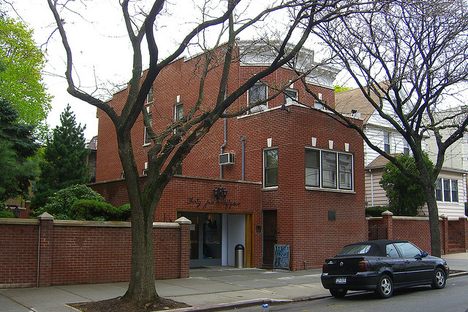35 Places to Celebrate Black Musicians and How They Changed the World
A legacy from Robert Johnson to trap and beyond.
The vibrant history of American music is filled with innovators whose sounds changed the world. Though marginalized and discriminated against, many of those pioneers were Black artists, who formed the cornerstones for jazz, the blues, R&B, and rock, but often could perform mostly in small, Black-owned venues. Many were also revolutionaries, hugely influential in the civil rights movement. Their contributions are inscribed in the history of modern music, and on the American landscape, both physical and cultural, and beyond.
In Tryon, North Carolina, a lonely clapboard house was once a makeshift music school where a jazz legend got her start. Nina Simone, just three years old, taught herself how to play the piano in the small, three-room building. It was the first stop on the ride to stardom—and a starring role in advocating for an end to segregation. Two nightclubs in the same building—The Village Barn and the Generation Club—had a decades-long history, including appearances by Black performers such as B.B. King and Chuck Berry. In 1968, one of those performers purchased the by-then rundown club and transformed it into a legendary recording studio. Groundbreaking guitarist Jimi Hendrix founded Electric Lady Studios at the site, and it has since played host to a wide range of artists, from Stevie Wonder to Erykah Badu. From a Serbian monument dedicated to the king of reggae to the birthplace of Motown, here are some of our favorite places to celebrate the contributions of Black musicians.




































































Follow us on Twitter to get the latest on the world's hidden wonders.
Like us on Facebook to get the latest on the world's hidden wonders.
Follow us on Twitter Like us on Facebook